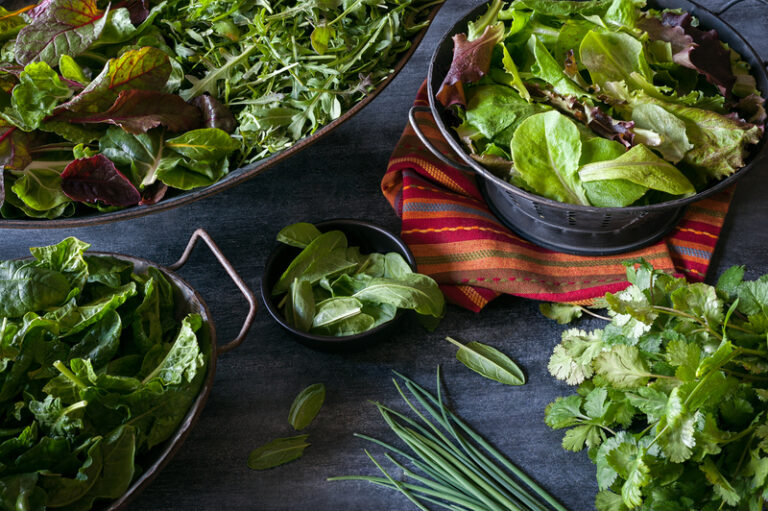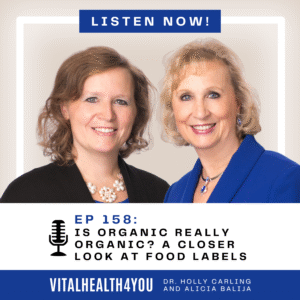To live in this day and time of nutrition is crazy making! What ever happened to the days of simplicity? You ate what you grew or raised, exchanged some food with neighbors, cooked it at home, and that was about it. Of course you also dealt with times of famine that most of us have never experienced. But today, we have such a tremendous variety of food that comes from all over the world, that it boggles the mind.
But, along with that, comes the relatively new field of “nutrition”. Becoming a matter of subject, nutrition has only been delineated, then controversial, for about 100 years. Fraught with inconsistencies, exaggerations, either a “miracle” food or supplement or just plain bad for you. Some “foods” and “drinks” today don’t deserve to even be classified as a food/drink! What’s more, I don’t think there is a single food that someone hasn’t found something bad about and recommends the consumer not to eat.
If that weren’t enough, how food is grown, processed, prepared in our kitchens and preserved has all come under scrutiny by the public (for good reason!).
So how do we sort through the quagmire of special interests, marketing hype, diets and fanatical dogmas to get down to what you should really eat and drink?
There are some nutritional fundamentals that have been solid during most of the past few generations, at least. The most solid of all is vegetables. I don’t believe there is any dietary regime that is against the lowly vegetable. Packed with an array of nutrients essential to running our organism, universally available to all areas of the world, relatively cheap to grow, vegetables take the prize. But even here, controversy abounds. Raw food proponents believe all vegetables should be consumed raw. While the enzymes/nutrients are undoubtedly essential, too much raw can create problems in the body. Therefore, the field of macrobiotics believes that no vegetable should be eaten raw, all should be cooked. While there is value in cooked vegetables as well, breaking down some components otherwise tough on our sensitive digestive systems, I still believe we need both. So here is the point: nutrition is not black or white.
We, as a society, tend to be extremists. It’s all or nothing, black or white. It is as true with our diets as it is with our health. As with all aspects of life, there needs to be a balance. I prefer to look at things, especially diet-wise as a gradient. There are “bad” foods, on the bottom of the list, and “clean” or “super” foods at the top of the list. Every time you can move it up on the gradient scale, even if for just a few meals a week, the better.
©2016 Holly A. Carling, O.M.D., L.Ac., Ph.D.







